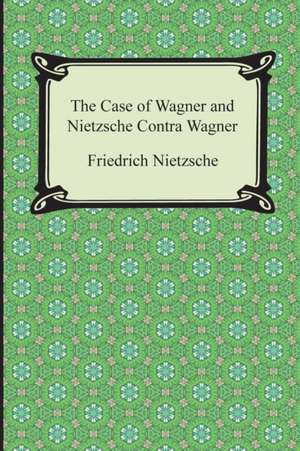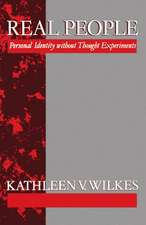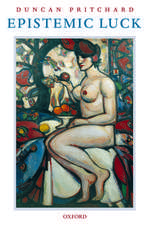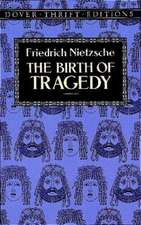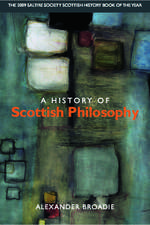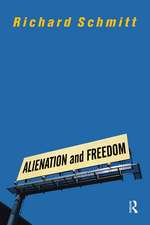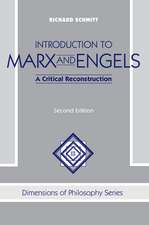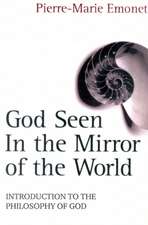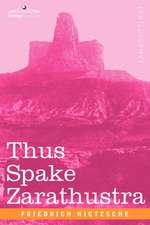The Case of Wagner and Nietzsche Contra Wagner
Autor Friedrich Wilhelm Nietzscheen Limba Engleză Paperback – 31 dec 2012
Preț: 44.14 lei
Nou
Puncte Express: 66
Preț estimativ în valută:
8.45€ • 9.03$ • 7.04£
8.45€ • 9.03$ • 7.04£
Carte tipărită la comandă
Livrare economică 18 aprilie-02 mai
Preluare comenzi: 021 569.72.76
Specificații
ISBN-13: 9781420948806
ISBN-10: 1420948806
Pagini: 38
Dimensiuni: 152 x 229 x 2 mm
Greutate: 0.07 kg
Editura: Digireads.com
ISBN-10: 1420948806
Pagini: 38
Dimensiuni: 152 x 229 x 2 mm
Greutate: 0.07 kg
Editura: Digireads.com
Notă biografică
Friedrich Nietzsche, (born October 15, 1844, Röcken, Saxony, Prussia [Germany]-died August 25, 1900, Weimar, Thuringian States), German classical scholar, philosopher, and critic of culture, who became one of the most influential of all modern thinkers. His attempts to unmask the motives that underlie traditional Western religion, morality, and philosophy deeply affected generations of theologians, philosophers, psychologists, poets, novelists, and playwrights. He thought through the consequences of the triumph of the Enlightenment's secularism, expressed in his observation that "God is dead," in a way that determined the agenda for many of Europe's most-celebrated intellectuals after his death. Although he was an ardent foe of nationalism, anti-Semitism, and power politics, his name was later invoked by fascists to advance the very things he loathed.
